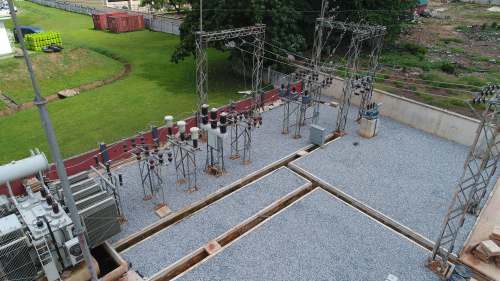Government
Mixed Feelings on Improved Power Supply
Nigerians have been experiencing improved power supply, which has caused quite a controversy both offline and online

Government
Netanyahu Stands Firm as US Halts Bomb Shipment Over Rafah Invasion Warning
Government
EFCC Declares Former Kogi Governor, Yahaya Bello, Wanted Over N80.2 Billion Money Laundering Allegations
Government
Concerns Mount Over Security as National Identity Card Issuance Shifts to Banks
-

 Naira3 weeks ago
Naira3 weeks agoDollar to Naira Black Market Today, April 24th, 2024
-

 News4 weeks ago
News4 weeks agoARISE News Channel Goes Global: Launches in Nine Southern African Countries
-

 Naira4 weeks ago
Naira4 weeks agoDollar to Naira Black Market Today, April 22nd, 2024
-

 Naira3 weeks ago
Naira3 weeks agoDollar to Naira Black Market Today, April 25th, 2024
-

 Jobs3 weeks ago
Jobs3 weeks agoJob Cuts Hit Tesla: More Than 6,000 Positions Axed Across Texas and California
-

 Travel3 weeks ago
Travel3 weeks agoSaudi Arabia Breaks 70-Year Alcohol Ban, Opening Shop for Diplomats
-

 Naira3 weeks ago
Naira3 weeks agoDollar to Naira Black Market Today, April 30th, 2024
-

 Investment4 weeks ago
Investment4 weeks agoMinister Accuses Past NCDMB Leadership of Squandering $500m on Unproductive Projects
























